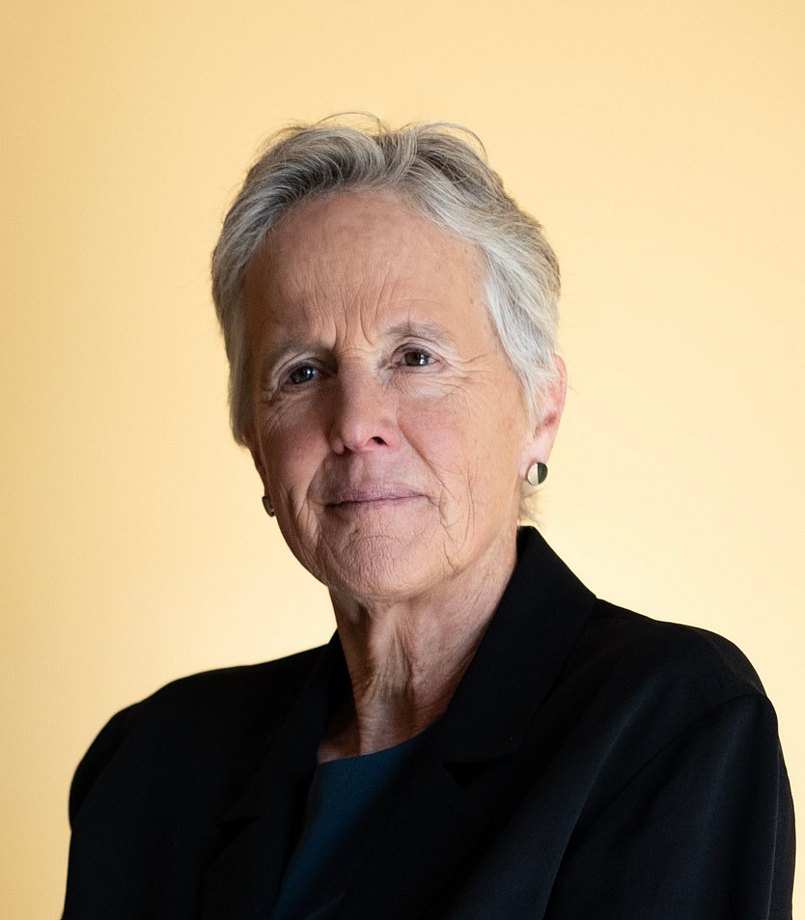To think about repair means to consider not just present conditions, but past circumstances of things and systems that we recognize as broken, or perhaps as having never functioned at all. Repair also encompasses future aspirations—the prospect of remediation, refurbishing, restoration. Devices and objects, of course, are often in need of repair, as are bodies, psyches, systems, environments, institutions, ideologies, cultures, histories… the list goes on.
The Humanities Research Center invites you to join our series of conversations around the theme of repair. The goal is to build multi-layered conversations about how various scholars and practitioners in the humanities and the arts mobilize the idea of repair, both through its embracing and contesting.
We will activate the theme of repair along two axes: (1) by organizing a two-year-long program featuring dialogic panels, workshops, and public lectures; and (2) by sponsoring or co-sponsoring interdisciplinary events and other collaborative programming.
Upcoming Events
Fall 2025
HRC Repair Keynote: Wendy Brown
Date: Thursday, October 30, 2025
Time: 4:30 PM
Location: Kraft Hall 130
Registration: https://events.rice.edu/event/hrc-wendy-brown
Reception to follow
Free and open to the public. In-person only.
Democracy in a Reparative Key
This talk argues that liberal democracy is not merely under attack today but is suffering an irreparable crisis of legitimacy and function. Its institutions have become so easy to end run because it is an exhausted and outmoded political form. This is especially so due to the unprecedented and transnational power of capital today and the limits of liberalism in confronting the ecological emergency. Arguing that political economy and political ecology must both be at the core of any successor democratic form, the talk concludes by sketching an emergent “reparative democracy.”

About Wendy Brown:
A political theorist who works across the history of political thought, political economy, Continental philosophy, cultural theory and critical legal theory, WENDY BROWN is the UPS Foundation Chair in the School of Social Science. Prior to her appointment at the Institute, she was Class of 1936 First Chair at the University of California, Berkeley, where she was a prize-winning teacher and scholar.
Drawing from Nietzschean, Weberian, Marxist, Foucauldian, feminist and postcolonial angles of vision, Professor Brown writes about the subterranean powers shaping contemporary EuroAtlantic polities, with particular attention to the political identities, subjectivities and expressions they spawn. The author/co-author of a dozen books in English, she is best known for her interrogation of identity politics and state power in States of Injury: Power and Freedom in Late Modernity (1995); her critical analysis of tolerance in Regulating Aversion: Tolerance in the Age of Identity and Empire (2006); her account of the inter-regnum between nation states and globalization in Walled States, Waning Sovereignty (2010); and her study of neoliberalism’s assault on democratic principles, institutions and citizenship in Undoing the Demos: Neoliberalism’s Stealth Revolution (2015) and In the Ruins of Neoliberalism: The Rise of Antidemocratic Politics in the West (2019). Across her work, Brown aims to illuminate powers unique to our era and the predicaments they generate for democratic thought and practice. These predicaments range from rule by finance, to the de-democratization of political culture, to the nihilistic depletion of truth, values and conscience.
Currently, Brown is exploring how political freedom can be salvaged from its historical imbrication with regimes of class, race and gender subjection and be made responsive to the climate crisis. Her driving question is whether and how political freedom can be reformulated in light of both. She is also extending and revising for publication her 2019 Yale Tanner Lectures, “Politics and Knowledge in Nihilistic Times: Thinking with Max Weber.”
Brown’s work, translated into more than twenty languages, has been supported by the American Council of Learned Societies, the Simon Guggenheim Foundation, the UC Humanities Research Institute, the Rockefeller Foundation, the Woodrow Wilson Foundation, the American Association of University Women, the Cornell University Humanities Center, the Institute for Human Sciences in Vienna and the Institute for Advanced Study. She has held a number of visiting professorships and fellowships, including at Cornell, Columbia, Duke, the European Graduate School, University of Lucerne, University of London (Birkbeck), London School of Economics, and the University of Witwatersrand. She is frequently interviewed by journalists, podcasters, and filmmakers, especially on the topics of neoliberalism, democracy and nation- state border fortification.
Born and raised in California’s Central Valley, Brown received her BA in Economics and Politics from UC Santa Cruz and her PhD in Political Philosophy from Princeton University. She credits her thinking life to the excellent, accessible public universities of her youth and has written extensively about the importance of securing and revitalizing these institutions for future generations.
Header Image: Darning Sampler, Dutch, 1797. Used to demonstrate and practice mending skills, darning samplers display a wide array of weaves, patterns, and colors.
